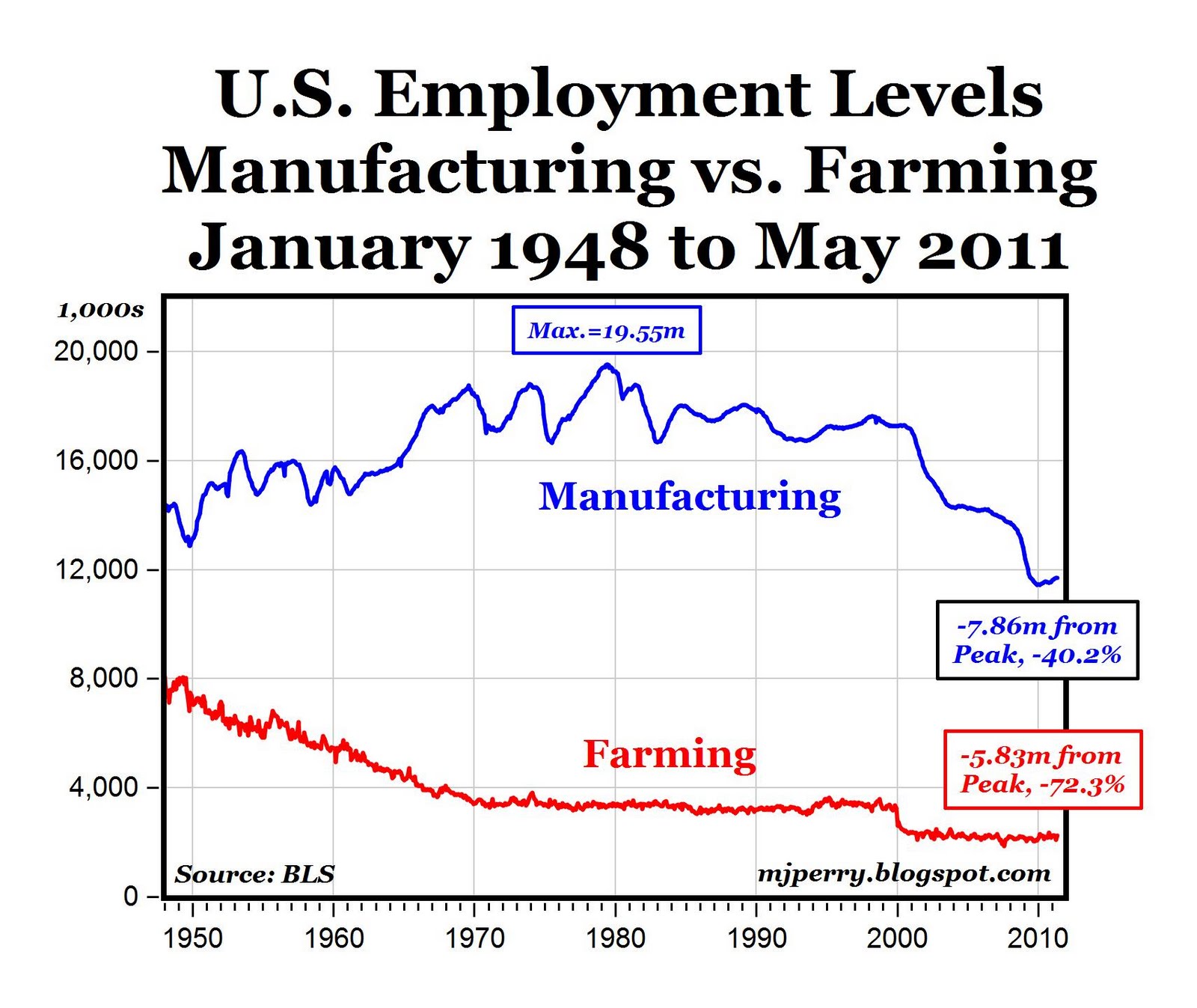Montecresto
DP Veteran
- Joined
- Aug 9, 2013
- Messages
- 24,561
- Reaction score
- 5,507
- Gender
- Undisclosed
- Political Leaning
- Undisclosed
The extremes that the anti-free trade movement goes to has always seemed to me as a tendency towards racism, xenophobia and nationalism. :/
I regret that it "seems" that way to you. It has always been an economic/jobs issue though.


